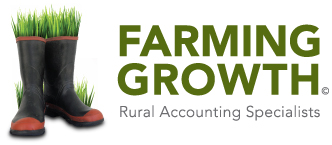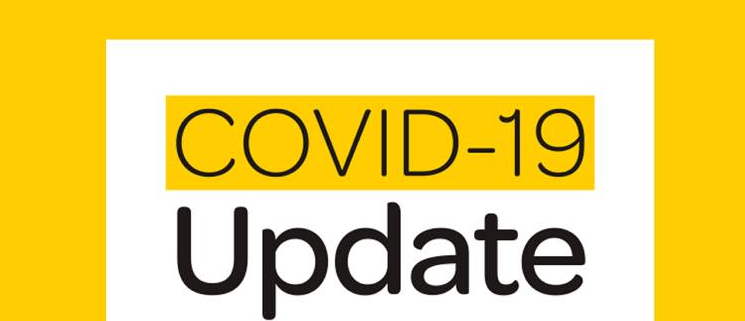COVID-19 AND BUSINESS – FACTORS TO CONSIDER
As we await the announcement of Alert Levels at 4pm today, we take a quick look at developments effecting businesses, and offer some advice to assist you to survive and recover.
- Return to Level 2
Most of you will have already familiarised yourselves with what you can and cannot do, and how you need to change your business practices so you can get back to work. For more information on this, go to https://www.business.govt.nz/covid-19/workplace-operations-covid-19-alert-levels/ .
- Leadership and change
I’m sure most of our clients understand that strong leadership is crucial to the survival and future prosperity of their organisation. Now is the time for you to be asking questions like:
- What have we learned about our exposure to disruption? What am I going to do about that?
- How did my business perform throughout the shutdown? What changes will I make to improve our resilience in a future disruptive event?
- What have I discovered about improving our processes? What do I have to do to cement any improvements into everyday business life?
- What will the future look like for my line of business. What do I need to do to meet the challenge?
In our business, for example, we‘ve learnt that we can do a lot of work remotely. Fortunately, we went through major changes to our digital processes and systems just months before shut down, and most of our team have been able to carry on working.
We also learnt that some personalities thrive on working from home, but others need the buzz of a workplace to keep them motivated.
- Employment Agreements
If you plan on making changes to the way your people work, check your employment agreements to ensure they allow for whatever changes you have in mind.
- Cash flow
Never has the saying “cash is king” been more relevant. Whilst many businesses are back to full steam ahead, many more that are going to struggle for a long time yet. The hospitality and tourism sectors will be especially hard hit. It maybe remarkable how un-resilient most NZ businesses are, but that is just the way it is. Therefore, many will need to dig very deep for survival strategies.
Forecasting cash flow is an essential first step. All PKF firms have a range of cash forecasting and strategic planning tools and methodologies and we aim to produce fast and cost effective solutions to challenges our business clients face.
And there is Government assistance available to help meet the cost of this. See below.
- The NZTE Service Provider subsidy scheme
Most PKF firms are registered service providers in the Regional Business Partner Network operated by NZTE. This enables us to provide our COVID-19 cash flow forecasting and recovery support services such as those referred to in 4 above, with a subsidy from NZTE.
- Wage subsidy audits
It has always been obvious that Govt would be checking up on wage subsidy claims – we now know there is a dedicated MSD investigations team working with IRD and MBIE to check on these claims. So, it would be worth ensuring your business meets the criteria under which the claim was made. The criteria depend on whether you made your claim before or after 4pm on 27 March, and these criteria can be found at https://workandincome.govt.nz/covid-19/wage-subsidy/obligations.html
- Government Cash flow loan scheme
This scheme provides $10,000 to every firm, plus $1,800 per equivalent full time employee. The loans will be interest free if they are paid back within one year. For longer periods the rate will be 3% for a maximum term of five years. Repayments will not be required for the first two years.
The eligibility criteria are the same as for the Wage Subsidy Scheme. Businesses will also have to declare that they are a viable business, that they will use the money for core business operating costs, and enter into a legally binding loan contract.
Applications will be administered by IRD which will be taking applications from 12 May.
- IRD late payment interest and penalty remission
IRD now has the power to remit interest if a taxpayer’s ability to make payment is significantly affected by the COVID-19 outbreak. Relevant points are:
- This is not an automatic remission.
- It applies to tax payments due on or after 14 February 2020.
- The remission is only available once the core tax has been paid in full.
- The IRD power to remit will be available up until 25 March 2022.
- Eligibility will be determined by whether income or revenue has reduced because of COVID-19.
- Applications must be made “as soon as practicable”, which is considered to mean the taxpayer applies at the earliest opportunity and agrees to an arrangement that will see the outstanding tax paid at the earliest opportunity.
For pre-existing debt prior to COVID-19, taxpayers who cannot meet their obligations under an existing arrangement can ask to renegotiate that instalment arrangement. IRD will consider rearranging the instalments, and they also have the power to write off debt due to serious hardship.
By the way, the IRD interest rate for late payment has been reduced to 7% from 8 May. Note that the rates we can obtain from Tax Management NZ are now less than 4%.
If you need help or guidance, or just want someone to discuss your business with, don’t hesitate to call us.



